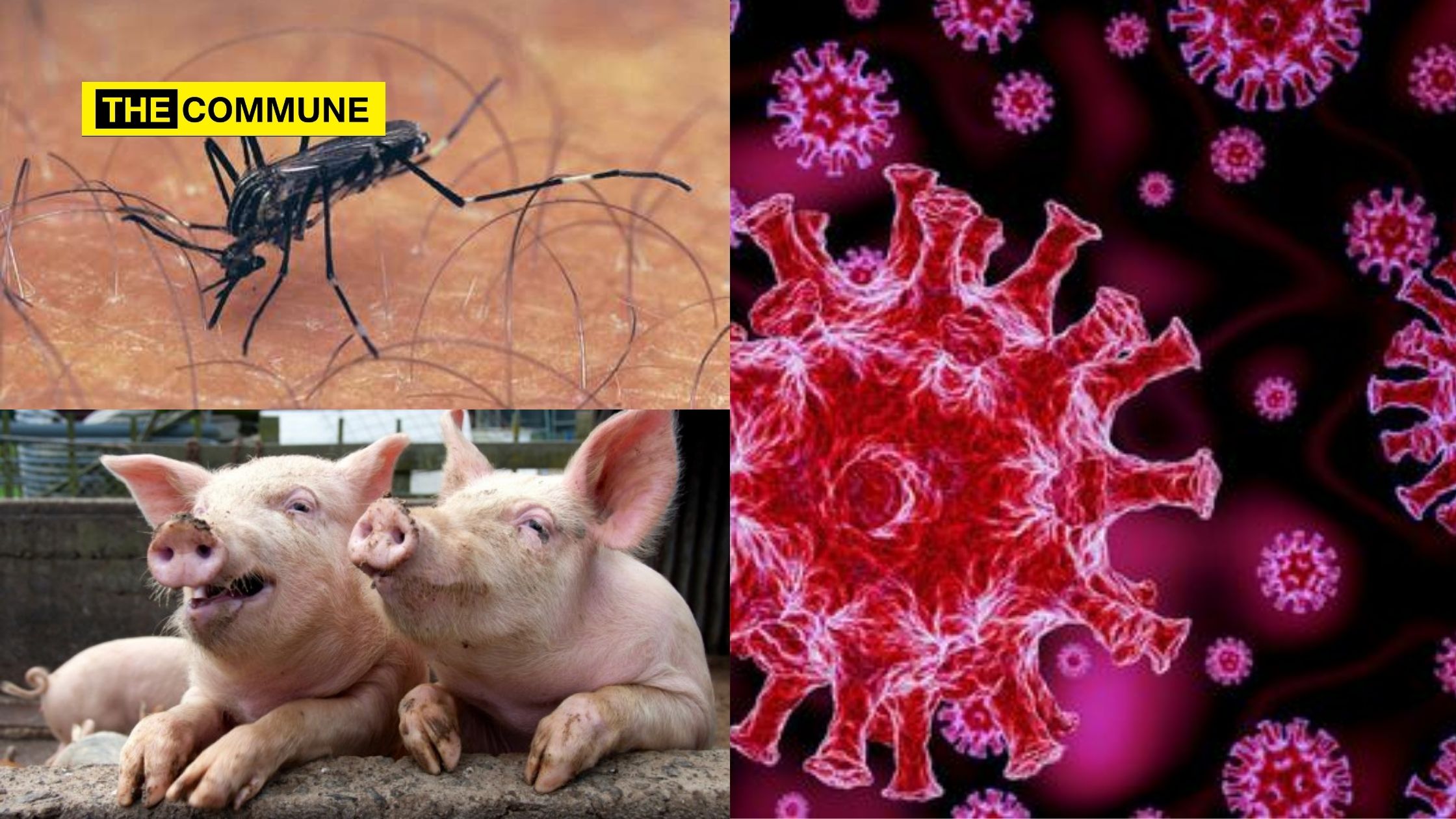
After the Wuhan virus, another virus has emanated in China called the “Cat Que Virus (CQV)”, The Indian Council of Medical Research (ICMR) has warned of the danger posed by this virus.
The CQV, that comes under the category of Arthropod-borne viruses if contracted may cause febrile illnesses (fever), meningitis (inflammation of brain and spinal cord membranes), and pediatric encephalitis (brain swelling) among humans.
This virus can get transmitted when a person is bit by a culex mosquito infected by the CQV. Apart from mosquitoes and pigs, Jungle Myna can also act as a host.
The ICMR has said that the virus has the potential to spread diseases across India. As per research, the virus has been spotted in culex mosquitoes and pigs across China and Vietnam.
India is also home to species of culex mosquitoes and hence there is the fear of spread of the virus through this vector.
So far researchers have found antibodies for the virus in two out of the 883 human serum samples according to the Pune based National Institute of Virology (NIV). These samples were taken from various Indian states. What this actually means is people have already been infected with the virus.
However, during the course of the study, the virus was not found in human or animal samples. The two samples that tested positive for CQV antibodies came from Karnataka – one from 2014 and the other from 2017. The findings have been published in the latest issue of the Indian Journal of Medical Research (IJMR).
According to a study conducted by the ICMR, Indian mosquitoes are susceptible to CQV and could potentially become a public health pathogen.




